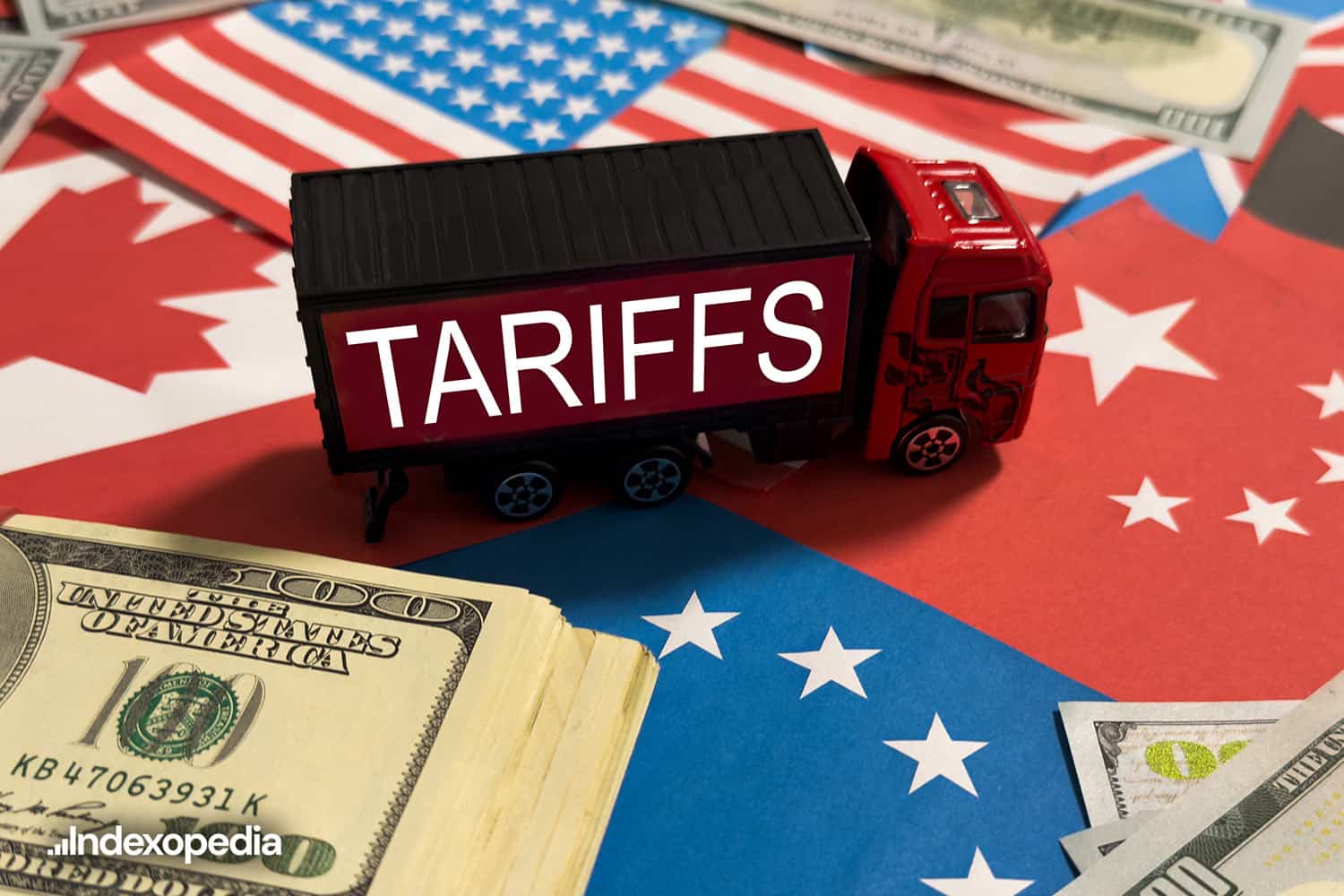

The words “trade war” are enough to rattle markets — and for good reason. When countries spar over trade policies, businesses and investors typically bear the brunt of the impact first. Lately, headlines surrounding US-China relations have reignited concerns. This article won’t dissect the politics of trade disputes, but it will help you understand their implications on inflation, corporate margins, global growth, and ultimately, your portfolio. Let’s take a closer look at what defines a trade war, what history has taught us, and what prudent investors can do to prepare for the uncertainty ahead. What Is a Trade War? A trade war is a commercial conflict between two or more countries. Generally, the nations involved impose tariffs, quotas, sanctions, or other trade barriers against one another (often in quick succession) in an attempt to protect domestic industries, correct trade imbalances, or assert geopolitical leverage. While trade disputes are common, not every disagreement qualifies as a trade war. What distinguishes a full-blown trade war is its scope, intensity, and duration. Common tools used in trade wars include: Tariffs: Taxes on imported goods, often passed on to